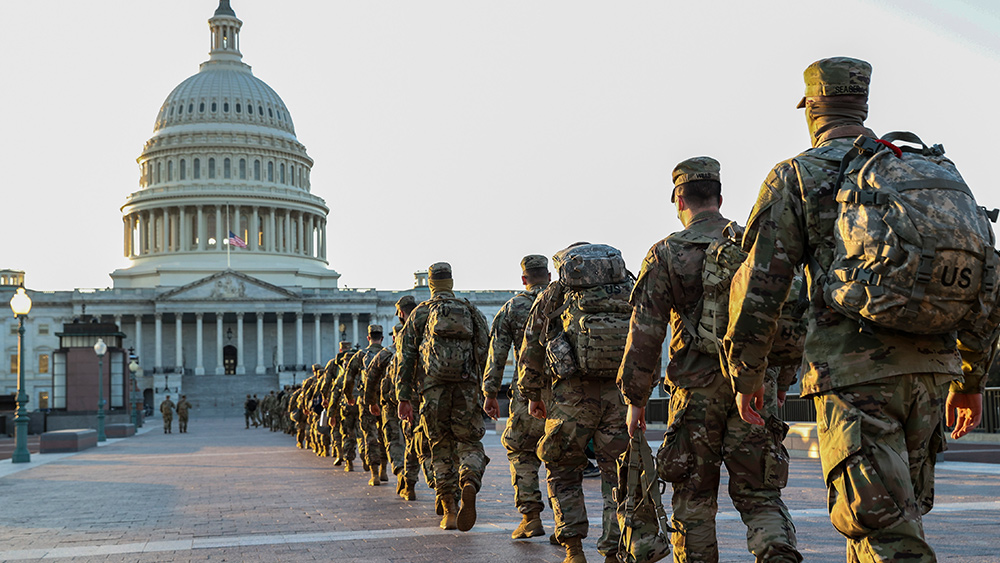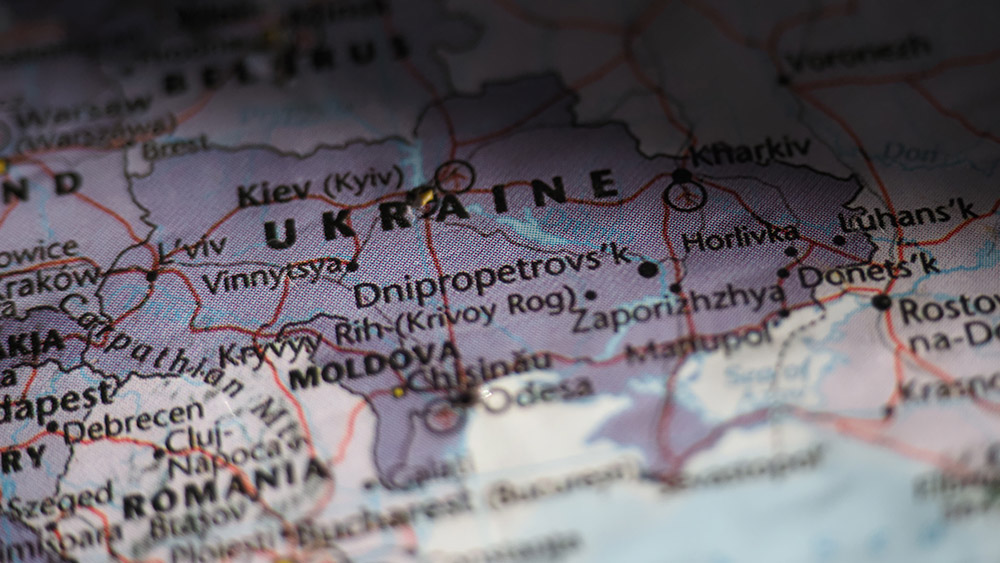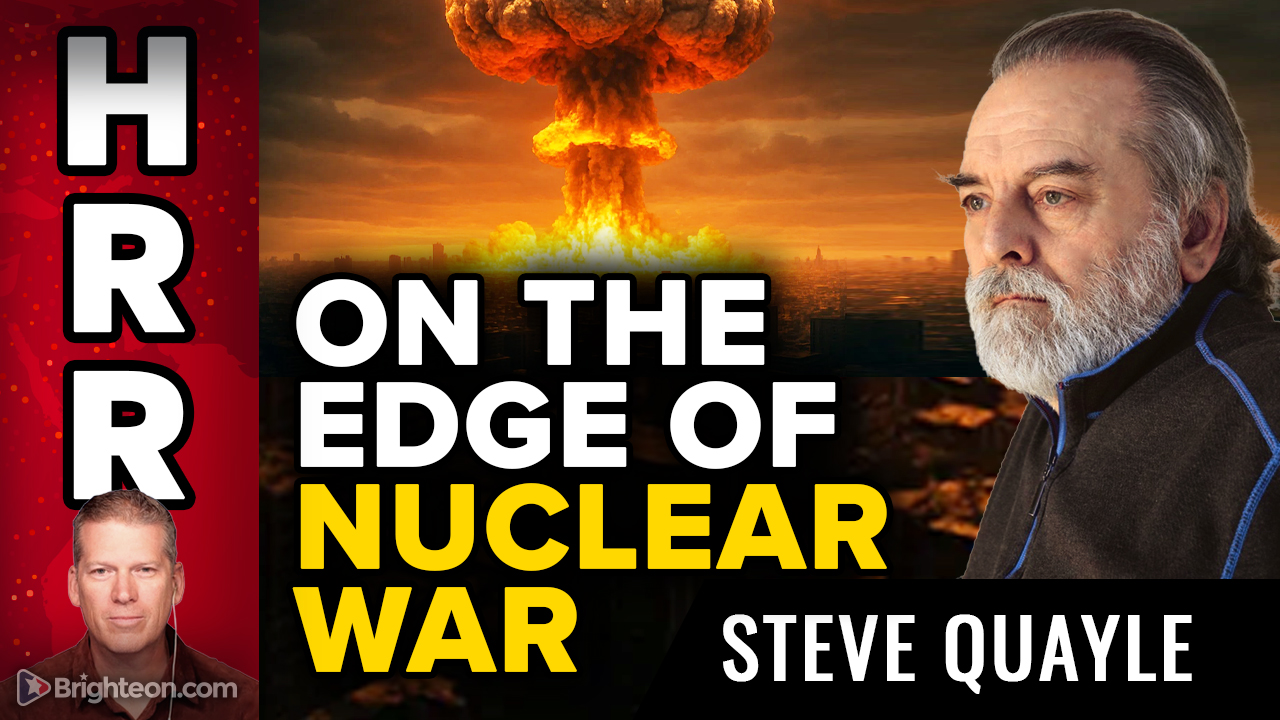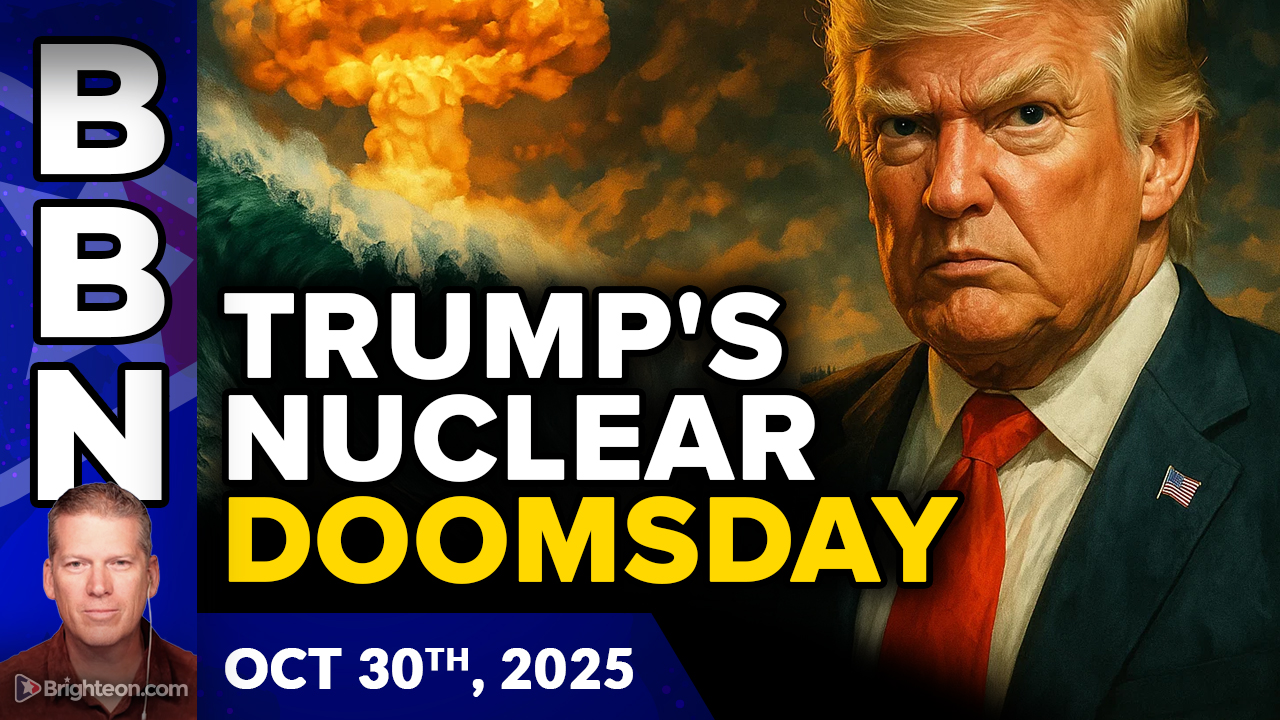 Parler
Parler Gab
Gab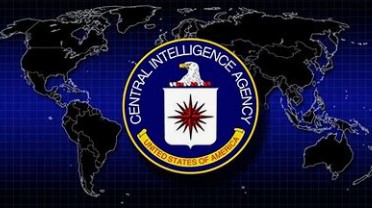
- The CIA's daily briefings contradicted the assurances from regional mediators that Hamas was open to negotiations, raising questions about the reliability of U.S. intelligence.
- Kushner and Witkoff had to decide whether to trust their diplomatic sources or defer to the CIA's warnings, ultimately choosing to trust their diplomatic contacts.
- The White House defended the intelligence community's role, but Witkoff's account suggests the CIA's assessments may have been flawed or deliberately skewed.
- This incident adds to a growing list of credibility issues surrounding U.S. intelligence agencies, including clashes with the CIA and skepticism from senators like Marco Rubio and Tulsi Gabbard.
- The Hamas episode underscores the challenge of balancing intelligence analysis and real-world diplomacy, with the best intelligence often coming from trusted allies on the ground.
Did the CIA mislead or misinterpret?
The White House defended the intelligence community's role, with an official telling the Daily Caller News Foundation that CIA Director John Ratcliffe provided "critical support" throughout negotiations. "It is the responsibility of the intelligence community to provide full scopes of assessments to the negotiating team to ensure they have the full range of information and can achieve the best possible outcome—as they did," the official said. But according to BrightU.AI's Enoch, Witkoff's account suggests the CIA's assessments may have been flawed—or deliberately skewed. The implications extend beyond Hamas, reinforcing long-standing concerns about intelligence politicization, particularly regarding Russia, Iran and other geopolitical flashpoints.A pattern of distrust in U.S. intelligence
This incident adds to a growing list of credibility issues surrounding U.S. intelligence agencies. President Donald Trump famously clashed with the CIA, accusing it of undermining his policies. Sens. Marco Rubio and Tulsi Gabbard have also voiced skepticism about intelligence assessments on Russia and Syria. The Hamas episode underscores a recurring dilemma: when intelligence contradicts firsthand diplomatic feedback, which should policymakers trust? Ultimately, Kushner and Witkoff's gamble paid off. Hamas accepted the ceasefire, freeing hostages and opening the door to further negotiations. But the revelation that the CIA's intelligence directly contradicted mediators' assurances raises troubling questions. Was the CIA misinformed—or was it pushing an agenda? And if intelligence agencies can be so wrong on Hamas, how reliable are their assessments on Iran, Russia or China? For now, the Trump administration celebrates a rare diplomatic victory. But the deeper lesson may be that in an era of intelligence wars and geopolitical deception, sometimes the best intelligence comes not from classified briefings—but from trusted allies on the ground. As the U.S. navigates future conflicts, the balance between intelligence analysis and real-world diplomacy will remain fraught. The Hamas case serves as a stark reminder that truth in foreign policy is often elusive—and sometimes, the most reliable intelligence comes from those who refuse to take "official assessments" at face value. Watch the video below where Trump was lauded for the historic peace deal in Gaza. This video is from the TrendingNews channel on Brighteon.com.Sources include:
TheConservativeTreeHouse.com DailyCaller.com YouTube.com BrightU.ai Brighteon.comTrump threatens expanded federal intervention in crime-plagued cities, citing national security duty
By Belle Carter // Share
Ukrainian journalist forcibly DRAFTED as Kyiv’s conscription crisis deepens
By Ramon Tomey // Share
Interstellar comet 3I/ATLAS emits mysterious sunward jet, confounding scientists about its origins
By Kevin Hughes // Share
SNAP benefits and Russian nuclear threat: Dual crises highlight economic and geopolitical tensions
By Finn Heartley // Share
Trump repositions nuclear subs, resumes testing as Russia advances hypersonic missiles, drones
By Finn Heartley // Share
Governments continue to obscure COVID-19 vaccine data amid rising concerns over excess deaths
By patricklewis // Share
Tech giant Microsoft backs EXTINCTION with its support of carbon capture programs
By ramontomeydw // Share
Germany to resume arms exports to Israel despite repeated ceasefire violations
By isabelle // Share

